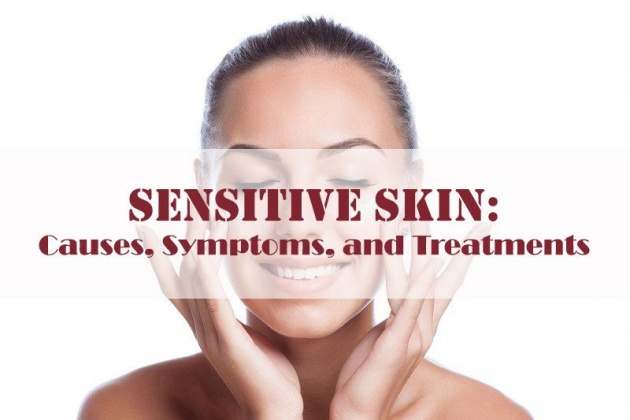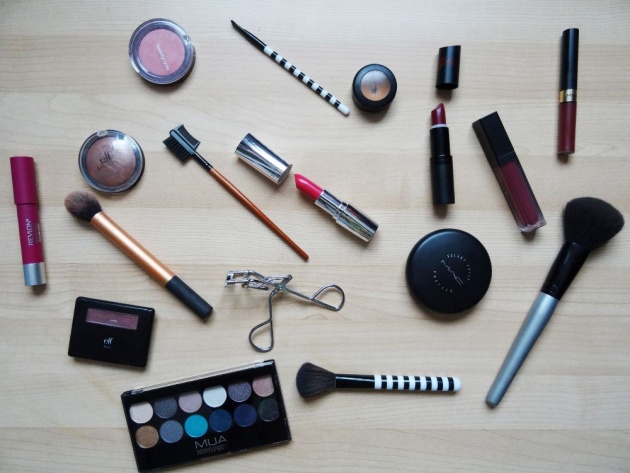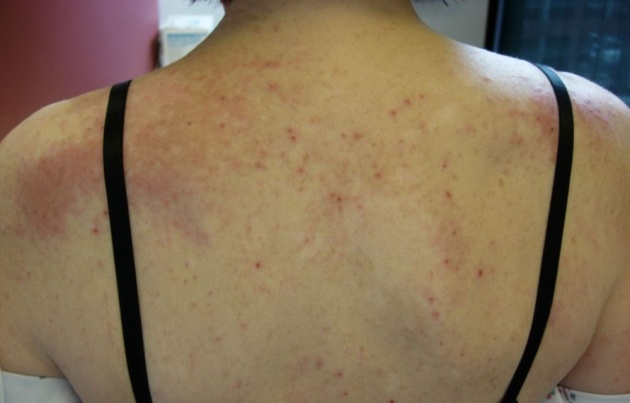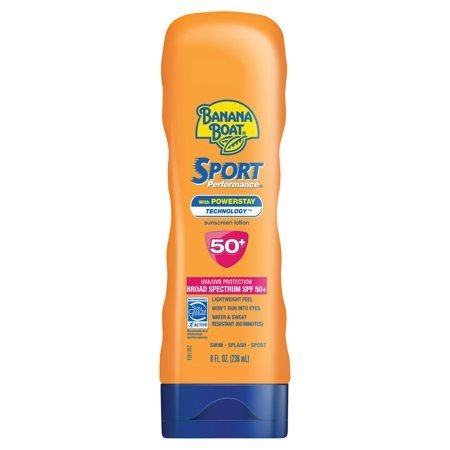
Image credit: https://www.newscientist.com/
As you may have noticed, I'm doing a series of blogs about the different types of skin and how to care for them. I've already tackled dry, oily, and combination skin. So, now, I'm going to talk about sensitive skin, its causes, symptoms, and how to care for it.
What is Sensitive Skin?
Sensitive skin is a problematic skin condition but is not usually serious. People with sensitive skin know very well how uncomfortable it can get because their skin can react to various irritants anytime and anywhere which is mostly caused by environmental factors such as improper skin care, UV radiation, the climate, and pollution. Certain types of cloth can also aggravate one's sensitive skin. While external factors are the common culprits, internal factors can also act as a trigger. Such internal factors include mental stress, nervous tension, or illness.
Causes
There are many possible causes of sensitive skin. Here are just some of the most common ones.
Genetics

Image credit: http://www.alhayathospital.com/
Some people are simply born with sensitive skin. If that's the case, then there's simply nothing that can be done to permanently treat their skin condition. But with the right skin products, the sensitivity of their skin can be heavily reduced.
The weather

Image credit: Free-Photos via Pixabay
The weather is also another major factor when it comes to the state of our skin. Have you noticed how your skin looks like when the weather is especially nice--not too hot and not too cold? It looks great, right? However, when subjected to extreme climates, the skin suffers a lot. Some people (like me) itch a lot when it's too hot but more people experience sensitive skin during colder climates. This is because the cold wind can make the skin drier and tighter causing soreness and itching.
Hot showers

Image credit: https://www.boldsky.com/
For many people, a hot shower every now and then is their way to de-stress. But, did you know that it's actually bad for the skin? Yes, even that 10-minute scalding sauna session that you cherish so much is not doing your skin any good. Hot water can dry out and tighten the skin by stripping it of its natural oils which can lead to skin sensitivity and itching, especially if no moisturizer is applied after getting out of the shower.
Stress and lack of sleep

Image credit: https://www.dumblittleman.com/
Too much stress coupled with lack of sleep can do a real number on our health--both physically and mentally. However, we often don't see it as a factor for bad skin. The effects of stress won't immediately manifest themselves--but the more you don't take care of yourself, over time they will begin to show on your skin. While stress does not turn your skin sensitive per se, it can lead to other bad habits that can actually sensitize the skin. For example, the more stressed you are, the more compelled you are to take a hot shower--and as pointed out earlier, hot showers are bad for the skin.
Additionally, when we don't get enough sleep, we are more prone to acne breakouts and our skin is generally in bad shape. This will lead us to use more cosmetics in order to hide the sorry state of our skin and use harsh cleansers in order to get rid of the pimples which actually does more harm than good.
Cosmetic and skin products

image credit: 4956365 via Pixabay
This is probably one of the most common factors that cause sensitive skin. Different skin types require different skin products. Using the wrong kind or those with harsh chemicals can irritate the skin. Continuous use of the said products can leave your skin red, swollen, and itchy. If you are already aware that your skin is sensitive, you may want to avoid skin products that contain alcohol, antiperspirant or anti-bacterial ingredients, and those with heavy fragrance or additives.
Existing skin condition

Image credit: https://www.sanovadermatology.com/
If you have an existing skin condition such as acne, rosacea, or atopic dermatitis, you are more likely to develop a sensitive skin. Likewise, any untreated or undiagnosed allergies to foods such as dairy and gluten may also cause skin rashes and inflammation.
Symptoms
If you notice any of the signs and symptoms of sensitive skin listed below, your skin may be more sensitive than you think.
- You are prone to acne breakouts, rashes, and bumps.
- You often notice red or dry patches of skin.
- Most beauty products sting or burns your skin.
- You easily get sunburn.
- Your skin often feels itchy.
- Bad weather affects your skin.
- Flaking or peeling skin.
These symptoms can manifest themselves in any part of the body, but sensitive skin mostly affects the skin on the face.
Treatments for Sensitive Skin
If you have a sensitive skin, it is imperative that you use the right skin products. For example, switching to pH-neutral moisturizers and cleansers that are designed specifically for skin types that are too sensitive can help soothe the discomfort of overly sensitive skin such as the itching, pulling, or stinging sensations. They also help hydrate the skin. And depending on the severity, such products may even help atopy-prone skins. You should also avoid cleansing using hot water. Doing so will only strip your skin of its natural oils. Use lukewarm water instead. Wearing a broad spectrum sunscreen and protective clothing to helps ease the effects of the harmful UV rays of the sun.

Image credit: https://www.walmart.com/
You may want to consult with a qualified dermatologist if you feel like the symptoms of your skin condition is getting out of hand or if you simply want to confirm what skin type you have.
Here is Hazel from Wishtrend TV to tell us more about the dos and don'ts of caring for sensitive skin.
Video credit: Wishtrend TV via Youtube
Final Thoughts
There are many factors that can affect the condition of your skin such as the environment and even the foods you eat. This is why it's important to know your triggers and avoid them as much as possible.
Do not hesitate to visit a dermatologist if your skin becomes too sensitive that it is causing you too much discomfort and even pain.
~oO0Oo~~oO0Oo~~oO0Oo~~
Thanks for reading! Have a wonderful day ahead of you and keep smiling. :)
Written by Chineyes for bitLanders
For more quality blog posts, you may visit my page
Not yet on bitLanders? Sign up now and be rewarded for sharing ideas, photos, and videos!



